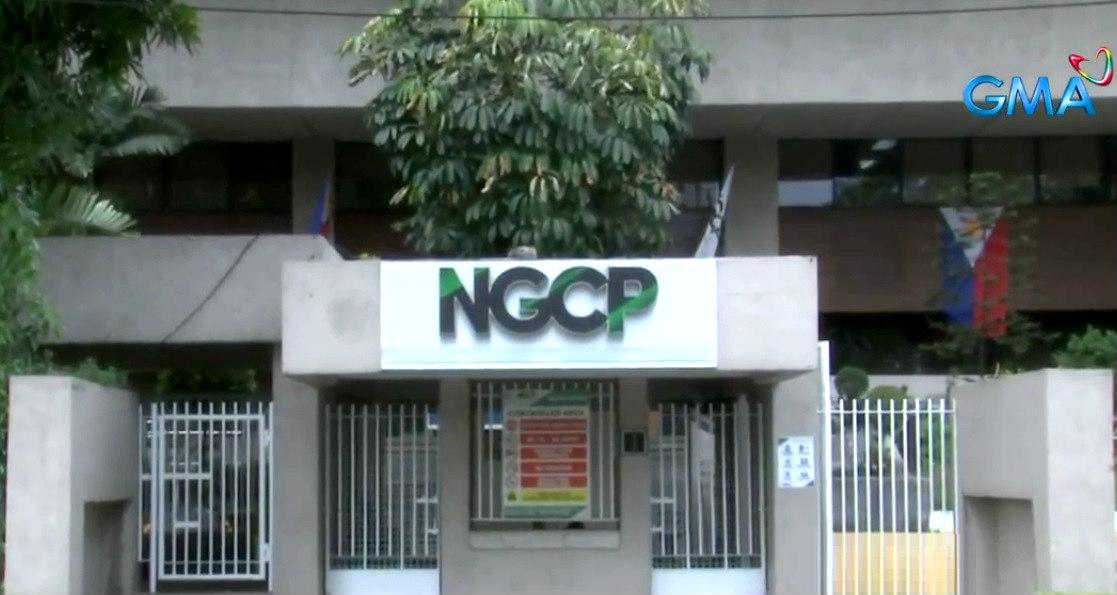NGCP maintains compliance with foreign ownership rule

The National Grid Corporation of the Philippines (NGCP) has maintained that it is compliant with the 40% limit on foreign ownership as provided by the Constitution and other laws such as the Philippine Grid Code.
Clark Agustin, NGCP Assistant Vice President for System Operations, made the response during the questioning of Representatives Ace Barbers and Gerville Luistro.
Agustin said the consortium comprised of Monte Oro Grid Resources Corporation, Calaca High Power Corporation, and State Grid Corporation of China won the bidding for the operation of the country’s transmission grid for a purchase price of $3.95 billion .
He said that Monte Oro Grid Resources and Calaca owns 60% of the company while State Grid Corporation of China holds 40%.
“These meet the laws' requirement for foreign investors,” Agustin said during the House legislative franchises panel probe on the NGCP performance.
“NGCP is a Filipino-led company, with 60% of its shares owned by Filipinos,” he added.
Agustin also allayed lawmakers’ fears of foreign interference in the country’s grid system.
“Decisions are based on established procedures. There’s protocol for maintenance and emergency. There are control centers in Luzon, Visayas and Mindanao,” he said.
“If you decide to cut off power for the entire country, there’s no such case. There is no central control point which is a single button. China is [just] a technical partner allowed by the government, and this is not a midnight deal. NGCP is transparent in all its dealings,” he added.
Luistro, however, said that the presence of Chinese nationals in critical leadership and technical positions at the operator of the country’s power grid is suspect.
She cited NGCP’s submissions to government agencies, including its General Information Sheet (GIS), which shows that Chinese nationals occupy key positions such as chairman of the board, as well as the involvement of NARI Group Corporation, a Chinese IT infrastructure provider, in NGCP’s operations.
“It is indeed my humble submission that while, based on the General Information Sheet of NGCP, only 40% is Chinese-owned, considering, however, the presence of Chinese citizens—one as chairman, the other two as evaluators of bids, the other one as chief technical officer, and NARI, which I believe is Chinese IT infrastructure—it seems that control over the NGCP has been compromised already in favor of foreign nationals,” Luistro said.
While the ownership structure appears compliant with constitutional requirements on paper, the lawmaker said that the presence of foreign nationals in strategic roles undermines the intent of the law and poses risks to national security.
Luistro said NGCP documentary submissions identify Zhu Guangchao, a Chinese national, as chairman of the board. Other Chinese nationals in NGCP leadership, including Liu Zhaoquiang, was also described as Assistant Chief Technical Officer.
A certain Liu Xinhua is also stated as chairman of the board Audit Committee.
“The presence of these foreign nationals in critical positions not only undermines the intent of constitutional safeguards but also raises questions about who really has operational control over the grid," Luistro said.
“With that, I wish to manifest without asking anymore that NGCP’s operations are clearly participated in by individuals who are not Filipino citizens,” she added.
Barbers, for his part, sought for shareholder agreement between NGCP and its shareholders to correctly determine who controls the NGCP.
“This is very crucial because we’d like to determine to what extent foreign incorporators or counterparts influence the management, operation, and control of this corporation,” he said.
NGCP's counsel Lally Mallari responded by saying that the copy of the shareholder agreement was also requested by the Senate committee on energy but was not provided because the document is “protected by confidentiality” under Section 23 of Republic Act 9285, or the Alternative Dispute Resolution Law.
Mallari also said that the agreement is part of an ongoing arbitration case in Singapore involving NGCP, the Power Sector Assets and Liabilities Management Corporation (PSALM), and the National Transmission Corporation (TransCo).
House legislative franchises panel chairperson and Parañaque Rep. Gus Tambunting, however, countered that Section 1, Paragraph 2 of the Rules of Procedure Governing Inquiries in Aid of Legislation of the 19th Congress provides that “the finding or pendency of a case before any court, tribunal, or quasi-judicial or administrative body shall not stop or abate any inquiry conducted to carry out a legislative purpose.”
Tambunting’s committee then adopted a motion to issue a subpoena duces tecum for the said shareholders agreement.—AOL, GMA Integrated News




